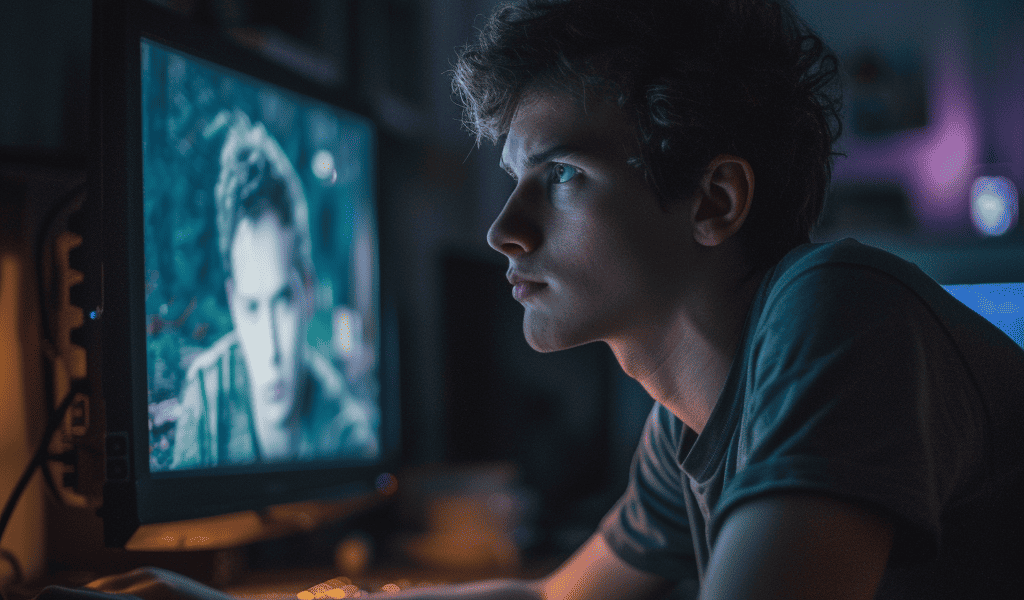Understanding the Impact of Binge-Watching on Mental Health and Strategies for Healthier Screen Habits
In a time where digital entertainment rules, binge-watching has grown into an everyday occurrence in young people’s daily lives. The widespread availability of on-demand entertainment and streaming services has promoted a culture of constant screen time. Given that binge-watching is becoming more common, it is critical to understand how it affects mental health. Excessive screen usage appears to be connected to negative results for mental health, according to research. Extended screen time has been associated with some negative effects, including decreased anxiety, elevated levels of stress, and sleep disturbances.
As individuals spend more time in online worlds than in real-world social contacts, excessive screen usage may make these individuals feel isolated from society. Anxiety and a feeling of isolation have been connected to this occurrence. The compelling appeal of content suitable for binge-watching frequently results in late-night watching sessions. This behaviour’s effect on sleeping habits might lead to fluctuations in mood, exhaustion, and a general decrease in the youth’s mental resilience.
Strategies for Healthier Screen Habits
Create Screen Time Limits. Decide on a fair and transparent daily screen time limit. Parental control systems, device applications or specific applications that assist in tracking and regulating usage are all able to achieve this.
Promote taking frequent breaks while using screens. To prevent headaches and mental exhaustion, adhere to the 20-20-20 rule and look at anything 20 feet distant for a minimum of 20 seconds every 20 minutes.
Avoid using screens a minimum of one hour before going to bed. Screen blue light has the potential to disrupt sleep cycles. Sleep improvement can be facilitated by peaceful pursuit.





